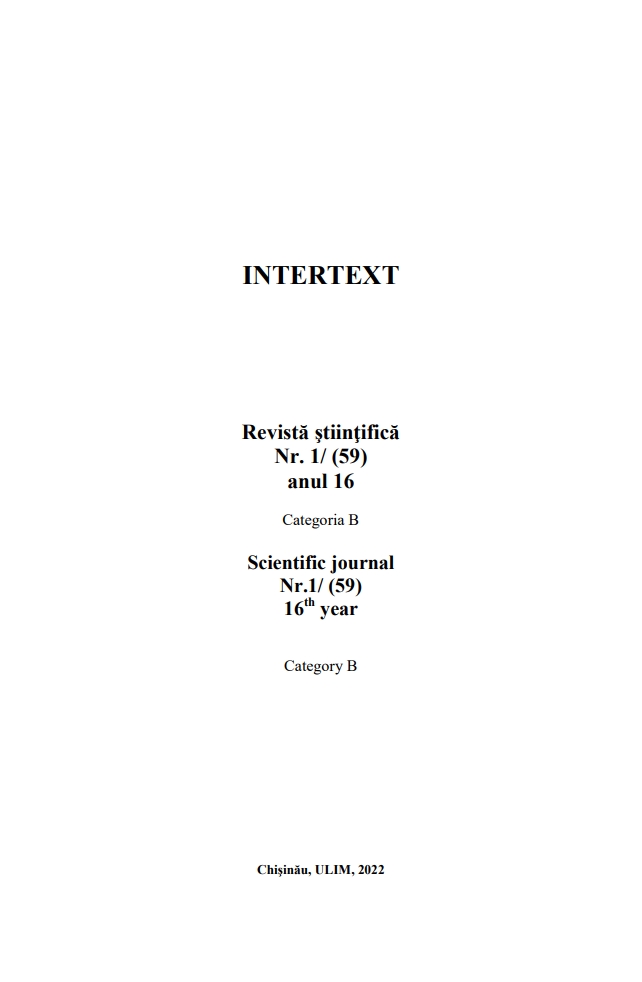IMAGO PESTIS: ALBERT CAMUS EN QUÊTE DU NOUVEL HUMANISME
Imago pestis: Albert Camus in Search of the New Humanism
Author(s): Elena PRUSSubject(s): Language and Literature Studies, Studies of Literature, French Literature
Published by: Universitatea Liberă Internațională din Moldova
Keywords: Albert Camus; Nobel Prise; Imago pestis; „The Plague”; new humanism;
Summary/Abstract: In the transparent allegory from Camus's novel "The Plague", a symbolic epidemic has taken the place of evil, which has multiple faces (war, occupation, the concentration camp universe, tyranny, and the terror of authoritarian systems). But the plague also personifies the absurd, which is, in Camus's vision, the essence of existence. Beyond the everyday premises of the epidemic, those of a metaphysical nature (trivial existence, moral decline, nonsense and absurdity of urban life) one can also be decoded, to which the Camusian characters respond through action and solidarity. The city of Oran, engulfed by the plague and isolated from the world, is an image of occupied France, but wider - the symbol of Earth, of the wandering and tiny planet, where the consciousness of man faced with the evidence of the absurd appeared. The end of the novel calls for vigilance, imperatively necessary in the face of the inability to overcome evil once and for all. The Nobel Prize awarded to Camus in 1957 crowned a work that brings to light problems that are still posed to human consciousness today.
Journal: Intertext
- Issue Year: 2022
- Issue No: 1
- Page Range: 81-92
- Page Count: 12
- Language: French

